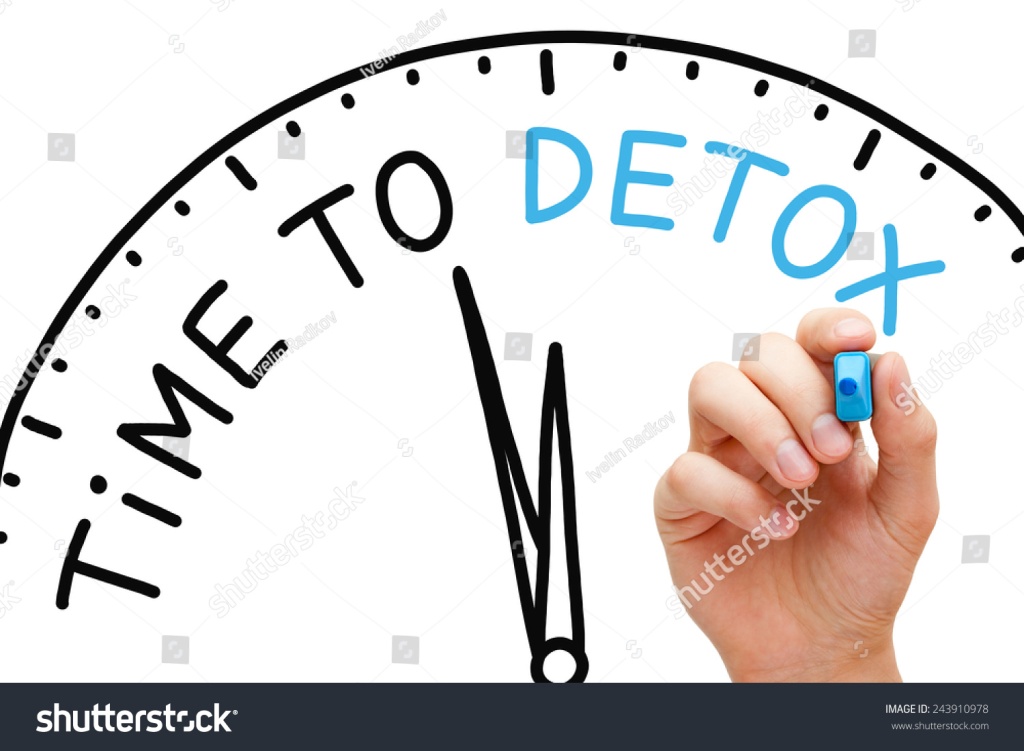A reader asked me, “What was it like when you first gave up sugar and grains?” For me, as a food addict, I stopped putting poison in my system. I didn’t completely understand what was happening, but it certainly was very disruptive to my physical being and my life. I’d say I was detoxing which can be both emotionally and physically painful. I was (sometimes still am) an instant gratification person so the desire to stop the pain was intense. All my life I’d used sugar and grains to numb myself from pain. The people I now had to turn to for guidance said, “you are very, very vulnerable right now. Take good care. Protect yourself.” I really didn’t want to be living in hell anymore so I said ‘No’ to most invitations. I wanted the support and encouragement of my friends but, truthfully, it’s very difficult to understand why anyone would go to the lengths I was going unless they also were a food addict and had lived in the hell I had lived in.

It was not so different from learning a new language and the best way to do that is total immersion. I didn’t have the money to put myself into a treatment center and, in the end, it was me who was responsible for my own health and sanity. I had to create a similar atmosphere of immersion so that most of my days would be surrounded by the love and encouragement of the people who had gone before me. That included meetings, phone calls, walks with other recovering food addicts, going to others’ homes and weighing my food with them. Being around others who would love me until I learned to love myself.

Each thing I contemplated doing outside of this initial time of detoxing and learning the ins and outs of eating healthily without sugar and grains, I had to consider carefully. It wasn’t in my nature to think ahead and to be totally honest how I would respond to certain situations. An example of this was a cruise I had signed up for. A group of friends and I were going to fly to Russia and take a cruise up the Volga to St. Petersburg. It was fun planning it and I was looking forward to it. Then my sponsor asked me how I was going to deal with the food. Well, I hadn’t even thought about it. Not one member of our group was in a Twelve Step program. No one was sure if we would have any WiFi and I probably couldn’t make any phone calls so it was certain I would be out of contact with all my support. Because it was a Russian cruise line, it took me almost two months to get through to someone who could tell me about the food. By that time, there was only about three weeks until we were to leave. I was told that there was one seating an evening and only one choice for a meal. If I cancelled I’d lose my deposit. I started going back and forth in my head. On the one hand, I was trying to rationalise why it would be ok if I went, I’d be fine–even though left alone without support, it had never been fine before. My GSA program was urging caution and “when in doubt, leave it out.” No one said ‘Don’t go’. I made myself crazy trying to fit something I really wanted to do into a hole that it wouldn’t fit in. I didn’t want to lose the deposit. Finally my sponsor said, “What if you lost your abstinence and ate sugar and grains. You likely would binge because that is your history. How much money do you think you would spend on bingeing before you were able to get home?” That was pretty convincing. I could easily see myself terrified and desolate and paying top dollar for an early flight back to California. In the end, it would cost many times more than the $500 deposit. So I cancelled and have never regretted that decision.
My friends didn’t really understand. The average person thinks it’s a matter of will power and knowledge. I had tons of knowledge about food, nutrition, psychology, behavior and I was very wilful. None of that helped me deal with my food addiction.

I have a spiritual disease, an emptiness, that only a spiritual solution can heal. What I had to do during those first days and months of abstaining from sugar and grains, my friends in recovery call Radical Self-Care. Many people grow into adulthood knowing these caretaking things. Addicts don’t. In the quest to feed the habit, many important skills do not develop.
Next week: What are these new friends like, the people I had to depend on for my life and sanity?
Have a great week and plan ahead,
Sara

